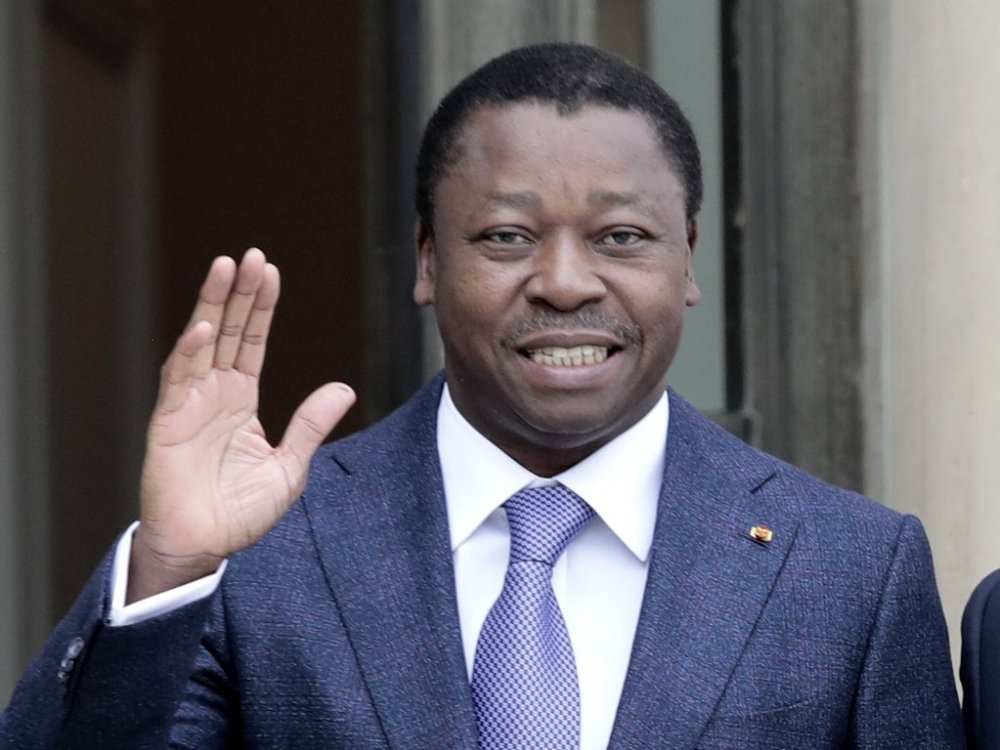Low turnout in Togo municipal elections seen as test for the country’s president
Advertisement
Read this article for free:
or
Already have an account? Log in here »
To continue reading, please subscribe:
Monthly Digital Subscription
$1 per week for 24 weeks*
- Enjoy unlimited reading on winnipegfreepress.com
- Read the E-Edition, our digital replica newspaper
- Access News Break, our award-winning app
- Play interactive puzzles
*Billed as $4.00 plus GST every four weeks. After 24 weeks, price increases to the regular rate of $19.00 plus GST every four weeks. Offer available to new and qualified returning subscribers only. Cancel any time.
Monthly Digital Subscription
$4.75/week*
- Enjoy unlimited reading on winnipegfreepress.com
- Read the E-Edition, our digital replica newspaper
- Access News Break, our award-winning app
- Play interactive puzzles
*Billed as $19 plus GST every four weeks. Cancel any time.
To continue reading, please subscribe:
Add Free Press access to your Brandon Sun subscription for only an additional
$1 for the first 4 weeks*
*Your next subscription payment will increase by $1.00 and you will be charged $16.99 plus GST for four weeks. After four weeks, your payment will increase to $23.99 plus GST every four weeks.
Read unlimited articles for free today:
or
Already have an account? Log in here »
LOME, Togo (AP) — Togolese voters went to the polls on Thursday in municipal elections seen as a test for the country’s leader Faure Gnassingbé, who has faced rare and deadly protests after a recent constitutional reform that could effectively keep him in power indefinitely.
Polling stations remained largely deserted in Togo’s capital, Lomé, reflecting widespread voter apathy and fear following the crackdown on anti-government protests that left several people dead in June.
Gnassingbé, who has ruled since 2005 after the death of his father and predecessor as president, Gnassingbé Eyadéma, was sworn in as president of the Council of Ministers in May. The powerful role has no official term limits and he is eligible to be reelected by Parliament indefinitely.

Diaspora-based social media influencers and civil society groups had called for a boycott of the elections, the first national vote organized since the constitutional reform. They argued that the current electoral system lacks credibility and that the recent repression has silenced dissenting voices.
Police and military patrols were stationed at major intersections throughout Lomé, reinforcing a heavy security presence that many residents said contributed to the atmosphere of unease.
“I’ve been voting since 1998, but this year is nothing like the others,” Sémon Aboudou said outside a nearly empty voting center in the Bè neighborhood, considered an opposition stronghold. “Even in 2019, there was more enthusiasm. Now people don’t see any change coming.”
“People are afraid — afraid of being attacked by protesters for legitimizing these elections, or afraid of being dispersed by security forces,” said Edem Adjaklo, a voter in the Gakli neighborhood. “They feel it’s pointless to vote because the results are always the same — predetermined.”

